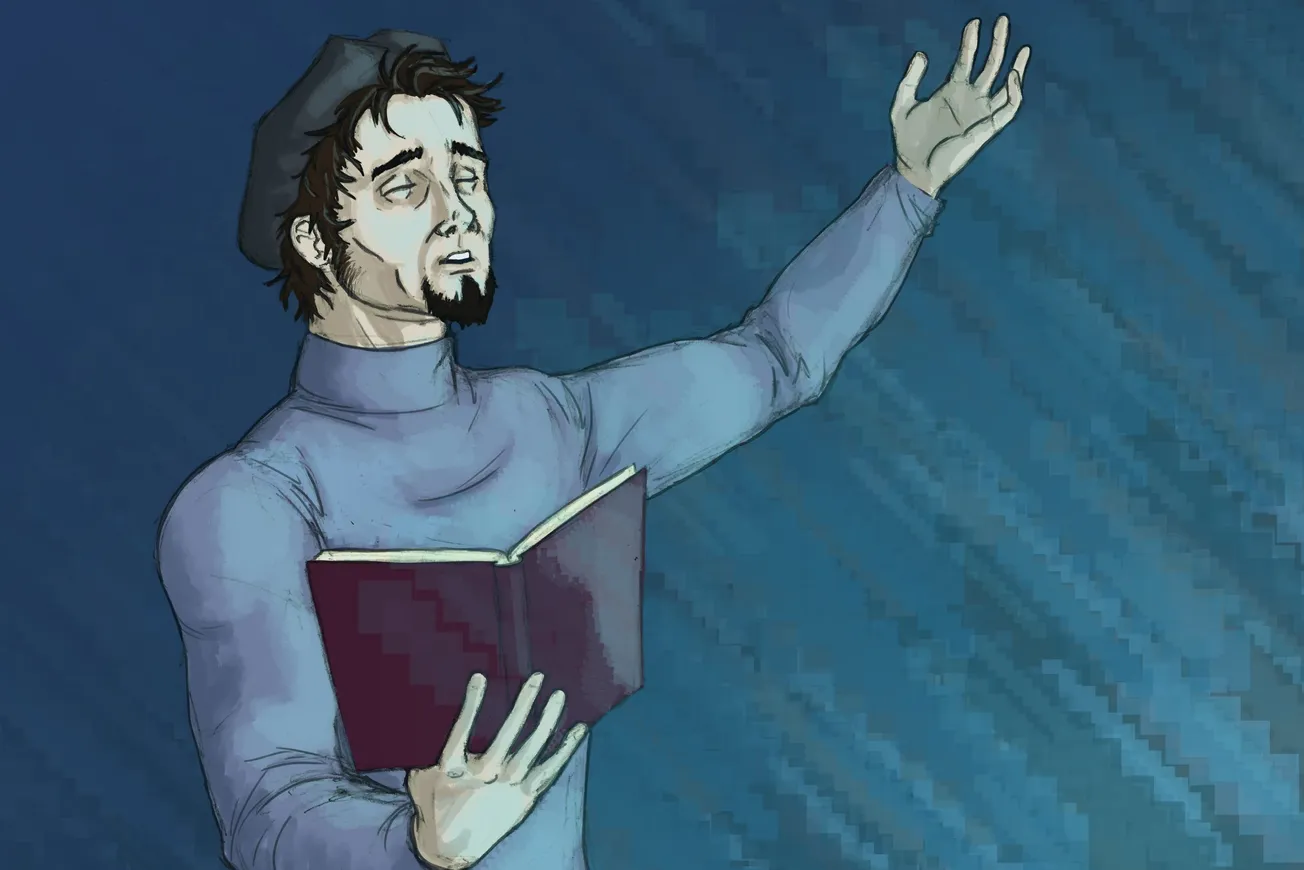Table of Contents
The svengalis at Auckland Council clearly loathe the mundane and routine nature of their ‘core business’. To their employers – the public – this core business, regrettably, is where our interests lie: the maintenance of public infrastructure, the collection of rubbish, the cutting of grass and ensuring that trains run on time.
To the rich-listers at Auckland’s largest employer, though, it’s more about winning hearts and minds – and manufacturing social opinion – than it is about delivering basic services.
The last time I visited their offices, a researcher-cum-data gatherer approached and asked: ‘How is your experience?’
‘I’m not having an experience,’ I replied. ‘I’m registering my dog.’
As shops on the high street close and thousands lose their jobs each week in the aftermath of the virus calamity, it appears to be business as usual for Phil Goff, the ‘Smiling Comrade’, and his swag of public cash.
The most pressing issue for Goff this year is whether to hike residential rates by 2.5 percent or 3.5 percent. And a rise is clearly needed – to pay his 86 staff who are on salaries of more than $250,000.
Auckland Transport has its own dedicated team of 24 rich-listers, according to the Ratepayers’ Alliance. So bloated by plundered wealth and self-importance is AT that the think-tank of this rogue organisation gestated and then gave life to none other than “The Walking Team“. This is a team which helpfully instructs the hesitant on how to walk; in case they had forgotten.
Even with all those corporate lunches, cultural wellbeing workshops and yoga sessions, the staff of AT have time to spare. For anything, it seems, but transport.
Always on the look-out for innovative ways to burn your rates money, this ideological apparatchik of the Marxist state appears to have acquired a new weapon in its arsenal of left-wing Newspeak – it’s very own urban poet. And to celebrate, it’s running a poster campaign.

In ascending from the routine world of civic administration to the lofty heights of academe, AT’s work has now assumed an ontological dimension. The very nature of our urban being, our ‘becoming’, the people’s conception of reality, as well as relations between these metaphysical entities are all at stake, you see. O Philistine public, you just don’t get it!
To pen a critique of this ‘artistic effort’ isn’t possible. Its vacuous horror leaves one speechless. Even when set against the sweaty bedroom fulminations of a marijuana-addled common-or-garden teenage poet, this stands out as a most base work of venal masturbation.
Searching the annals of ‘people’s poetry’ for any suitable parallel I naturally looked up Pam Ayres, only to find any comparison with the adolescent scratchings of our new metropolitan scribe to be unfair. And besides seeming like a thoroughly nice lady, Ayres knows how to rhyme.
UK Poet Laureate John Betjeman didn’t, to my knowledge, write anything about Auckland. But he did, in 1937, pen a prescient piece about the Berkshire ’trading estate’ of Slough. You can look up the whole thing if you are interested. It begins:
Come friendly bombs and fall on Slough!It isn't fit for humans now, There isn't grass to graze a cow. Swarm over, Death!
I say ‘prescient’, because during the air raids which began three years later, that’s exactly what happened.
Without going so far as to wish bombs upon Auckland Transport (and I say this with particular regard to some of the people who travel on their network and who might think that the organisation needs to be held upside down by its boot straps and shaken), my comments to Auckland Transport in summation are: Don’t you dare tell me what to think or feel, this day or any other. Or mischaracterise public sentiment. Or manufacture political consent, in any form. Especially using the medium of poetry.
Focus instead on making my bus connect.
The advantage of Ayres (who’s still alive), and indeed of Betjeman, is that they didn’t clutter the public discourse with political partisanship. They weren’t ratepayer-funded. And their utterances weren’t a constant reminder of some corrupt and fetid debt owed to the Labour Party – a long-standing debt in this case, which frankly stinks.
If you enjoyed this BFD article please consider sharing it with your friends.









